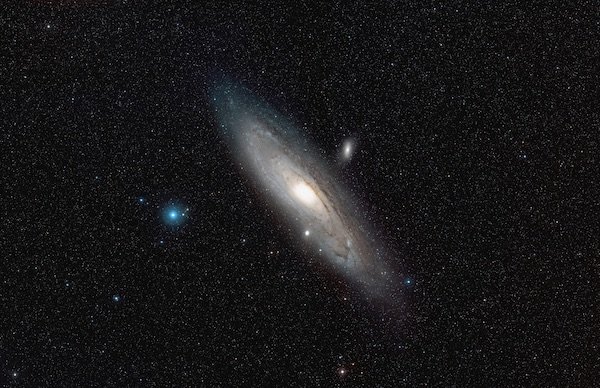
Motion of satellite galaxies suggests younger universe
New research suggests that the age of the universe may be younger than previously predicted by standard cosmological models.

Life span increases in mice when specific brain cells are activated
Brain cells communicate with fat tissue to produce cellular fuel, counteract effects of aging.

Scientists develop ‘flying dragon’ robot to fight fires from a distance
Researchers have developed the Dragon Firefighter, a flying firehose that can aid human firefighters to put out the most dangerous fires.

Scientists uncover link between the ocean’s weather and global climate
Using mechanical rather than statistical analysis, the team offers a new framework for understanding the climate system.
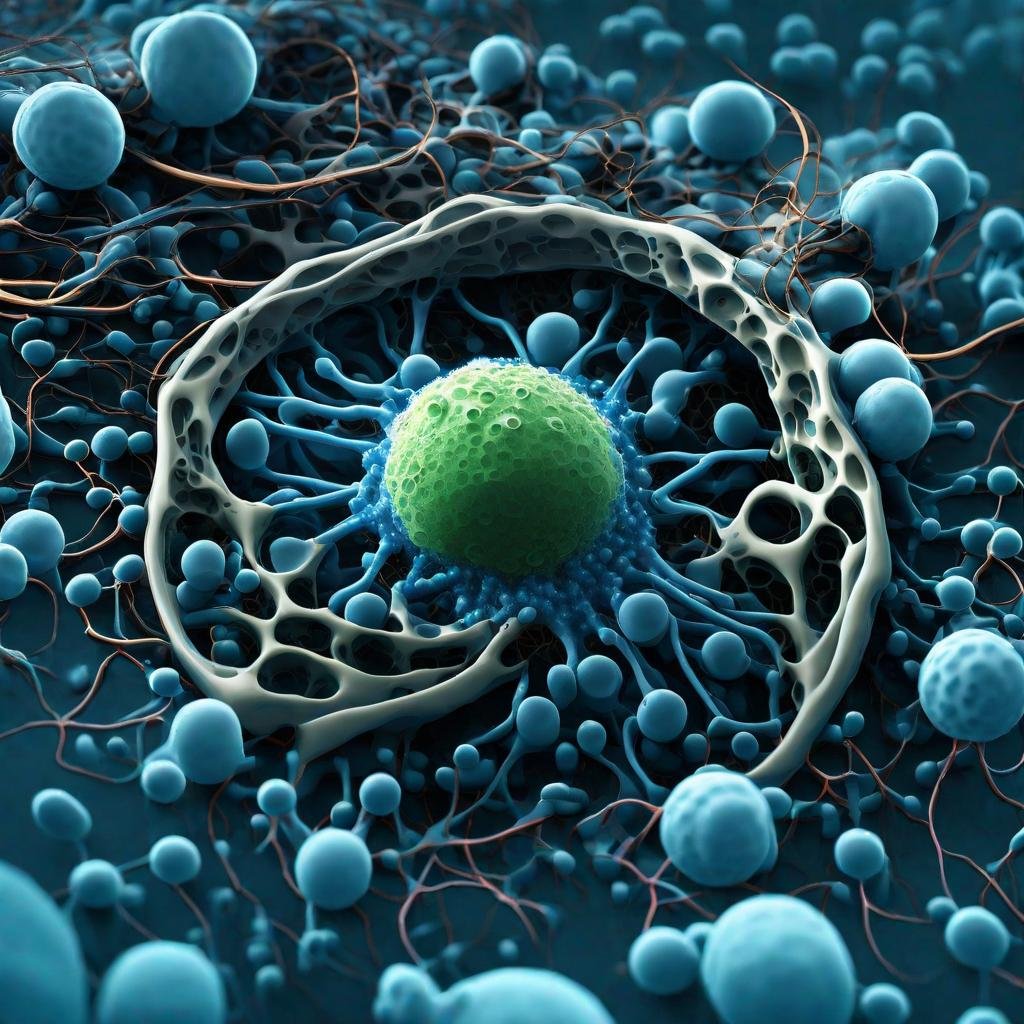
Molecular jackhammers’ ‘good vibrations’ eradicate cancer cells
Light-induced whole-molecule vibration can rupture melanoma cells’ membrane. The method had 99% efficiency against lab cultures of human melanoma cells, and half of the mice with melanoma became cancer-free after treatment.
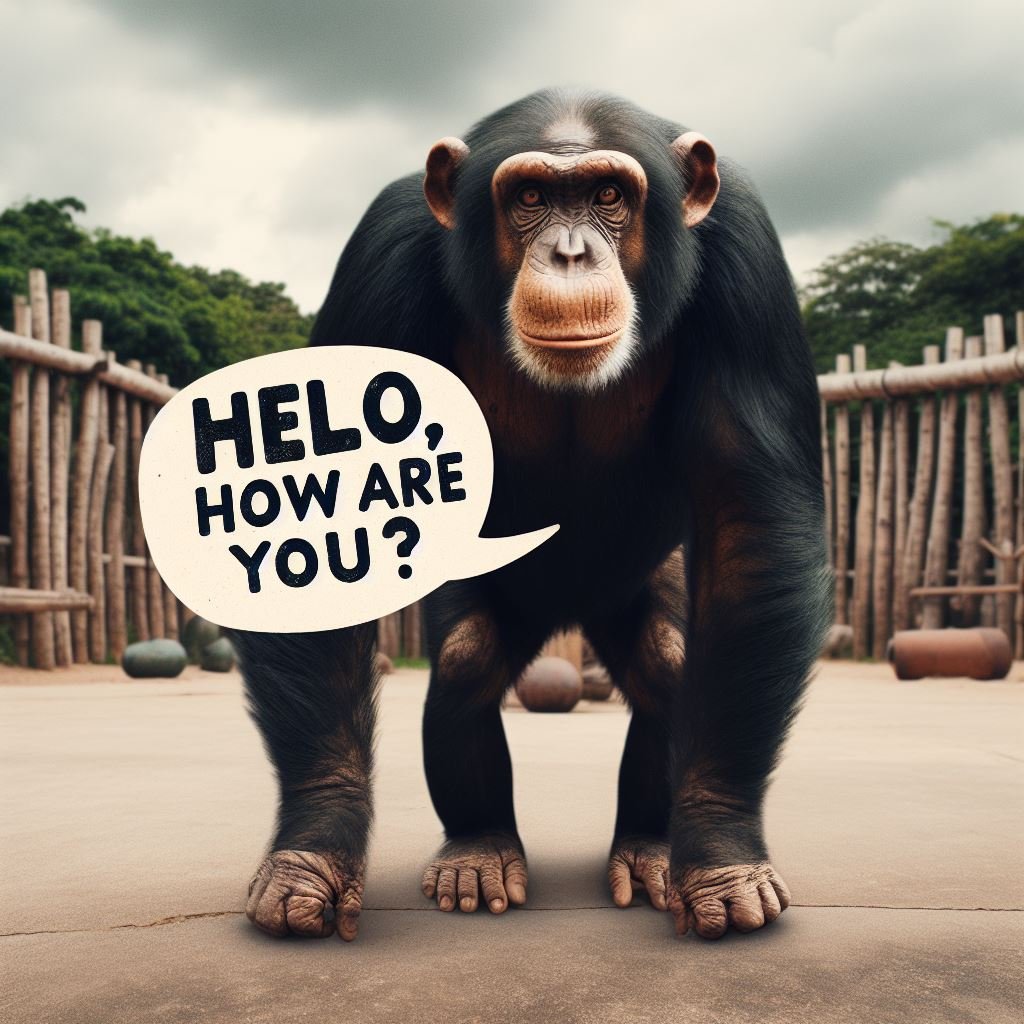
Can we decode the language of our primate cousins?
Scientist team shows that the human brain is capable of identifying the vocalisations of certain primate species, if they are close to us and if the frequencies used are also close to our own.

Mesopotamian bricks unveil the strength of Earth’s ancient magnetic field
Ancient bricks inscribed with the names of Mesopotamian kings have yielded important insights into a mysterious anomaly in Earth’s magnetic field 3,000 years ago, according to a new study.
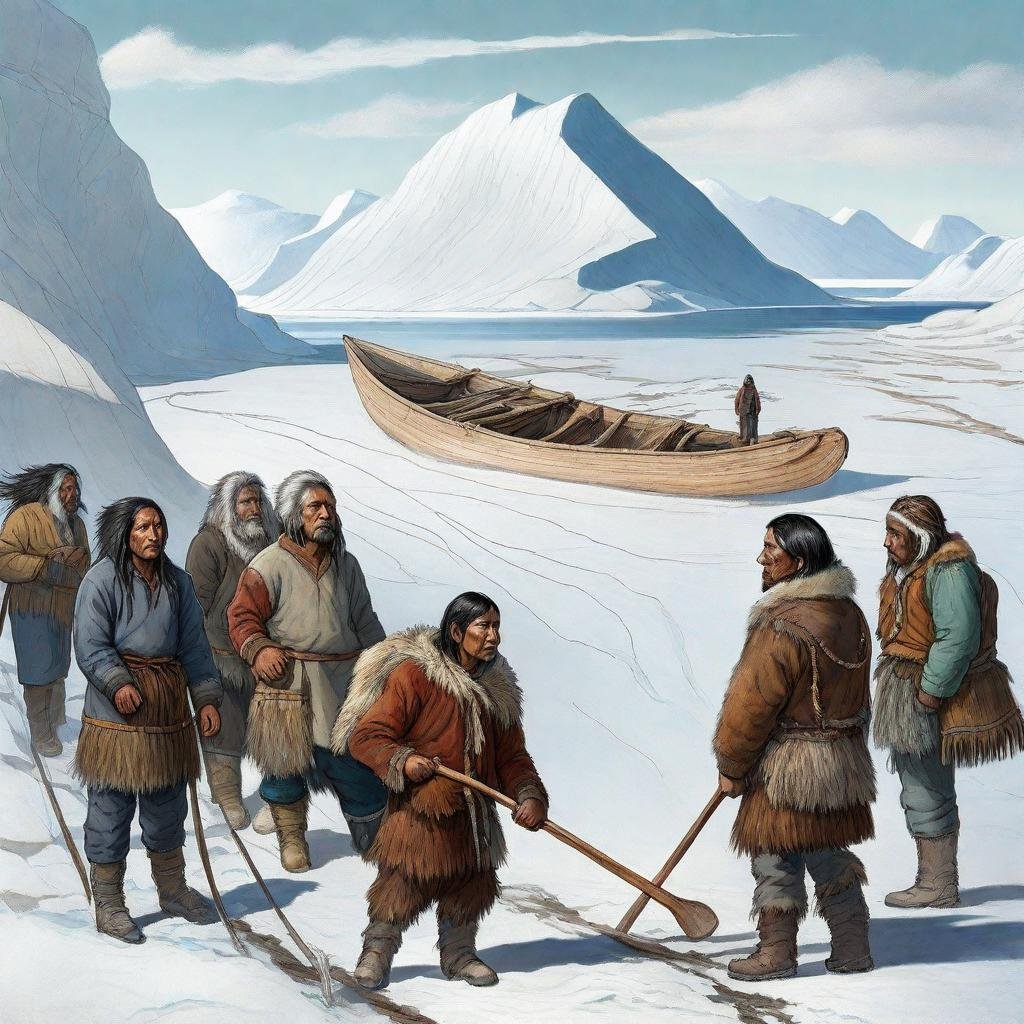
North America’s first people may have arrived by sea ice highway
New research suggests some early Americans may have travelled on winter sea ice down the coast from Beringia as long as 24,000 years ago.

Astronomers discover first population of binary stripped stars
New findings confirm existence of hot helium stars long-thought to be at the heart of hydrogen-poor supernovae and neutron star mergers.

Natural gas is actually migrating under permafrost, and could see methane emissions skyrocket if it escapes
Studies in Svalbard have shown that methane is migrating beneath the permafrost. While lowland regions have ice-rich permafrost which acts as an effective seal to the gas, highland regions with less ice seem to be more permeable. If the permafrost thaws too much, greenhouse gas emissions could escape and drive temperatures even higher.

Portable, non-invasive, mind-reading AI turns thoughts into text
In a world-first, researchers have developed a portable, non-invasive system that can decode silent thoughts and turn them into text.

New genes found that can arise 'from nothing'
The complexity of living organisms is encoded within their genes, but where do these genes come from? Researchers resolved outstanding questions around the origin of small regulatory genes, and described a mechanism that creates their DNA palindromes.

Can signs of life be detected from Saturn’s frigid moon?
Enceladus’ ice plumes may hold the building blocks of life.

The risk of cardiovascular disease can be reduced by eating more oily fish
People with close relatives who have suffered from cardiovascular disease may benefit from eating more oily fish.

New theory unites Einstein’s gravity with quantum mechanics
A radical theory consistently unifies gravity and quantum mechanics while preserving Einstein’s classical concept of spacetime.

James Webb study reveals rocky planets can form in extreme environments
Astronomers has used NASA’s James Webb Space Telescope to provide the first observation of water and other molecules in the highly irradiated inner, rocky-planet-forming regions of a disk in one of the most extreme environments in our galaxy.

With a quantum “squeeze”, clocks could keep even more precise time
More stable clocks could measure quantum phenomena, including the presence of dark matter, say MIT scientists.
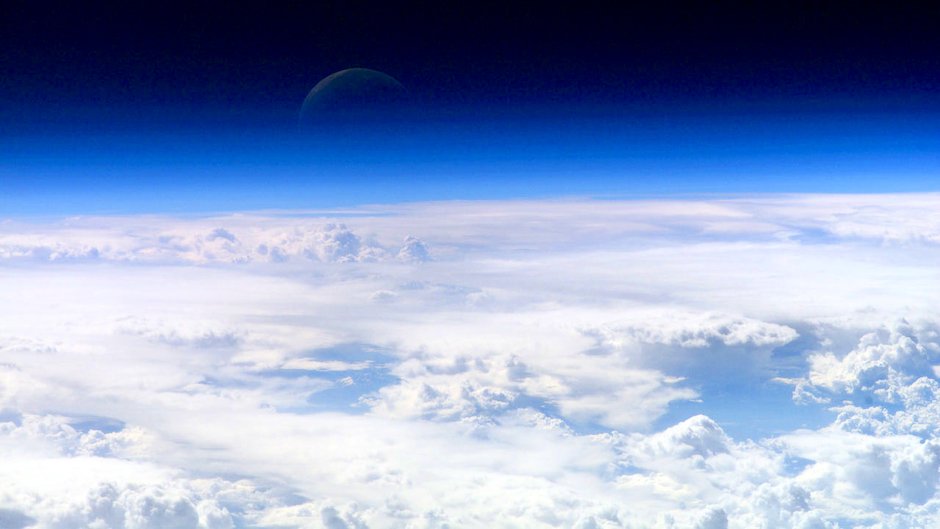
Carbon dioxide becomes more potent as climate changes
New study shows potency of the greenhouse gas increases with increased concentrations.

Discovery of planet too big for its sun throws off solar system formation models
The discovery of a planet that is far too massive for its sun is calling into question what was previously understood about the formation of planets and their solar systems.

Soccer heading linked to measurable decline in brain function
New research links soccer heading –where players hit the ball with their head– to a measurable decline in the microstructure and function of the brain.

